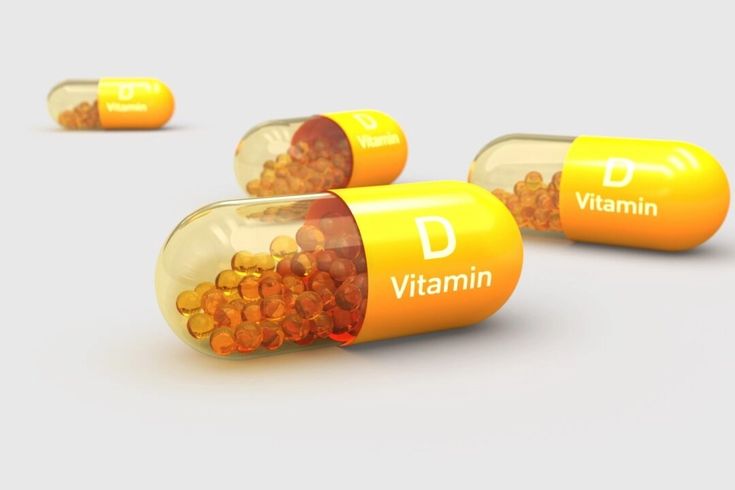
You take your vitamin D supplements religiously. You try to get some sun when you can. You even eat foods fortified with vitamin D. But somehow, you’re still feeling tired, achy, and your doctor tells you your vitamin D levels are still low. What gives?
Certain foods can actually interfere with how your body absorbs and uses vitamin D. It’s frustrating to do everything right and still not see results, but once you understand what’s blocking your absorption, you can make simple adjustments that actually work. Let me walk you through the common culprits and how to fix them.
Foods High in Phytates
Phytates are compounds found in whole grains, beans, nuts, and seeds. They’re not bad for you, but they can bind to minerals and vitamins, including vitamin D, and prevent your body from absorbing them properly.
Whole wheat bread, brown rice, oatmeal, and legumes all contain phytates. Again, these are healthy foods you shouldn’t eliminate completely, but timing matters. If you’re taking vitamin D supplements, avoid consuming high-phytate foods within a couple hours of taking them. This gives your body a clear window to absorb the vitamin D without interference.
You can also reduce phytates by soaking grains and beans before cooking them, or choosing sprouted versions of breads and grains. These simple preparation methods break down phytates and make the nutrients more available.
Excessive Fiber Intake
Fiber is essential for digestive health, but too much of it at the wrong time can sweep vitamin D through your system before your body has a chance to absorb it. High-fiber cereals, bran muffins, and fiber supplements are the main offenders here.
The fix is simple: don’t take your vitamin D supplement with your high-fiber breakfast. Instead, take it with a meal that contains some healthy fats but isn’t loaded with fiber. Vitamin D is fat-soluble, meaning it needs fat to be absorbed properly, so pairing it with foods like avocado, eggs, or yogurt works beautifully.
Fried and Heavily Processed Foods
Foods high in unhealthy fats, especially fried foods and heavily processed items, can interfere with vitamin D metabolism in your liver. Your liver plays a crucial role in converting vitamin D into its active form, and when it’s busy processing junk food, it can’t do its vitamin D job efficiently.
Fast food, packaged snacks, frozen dinners, and anything deep-fried can slow down this process. I’m not saying you can never enjoy these foods, but making them a regular part of your diet can definitely impact your vitamin D levels.
The solution is choosing whole, minimally processed foods most of the time. Your liver will function better, and your vitamin D will actually get converted into the usable form your body needs.
Get Your Levels Checked
Before making major changes, get your vitamin D levels tested. This gives you a baseline and helps you track whether your adjustments are working. Work with your doctor to find the right supplementation amount for your specific needs.

